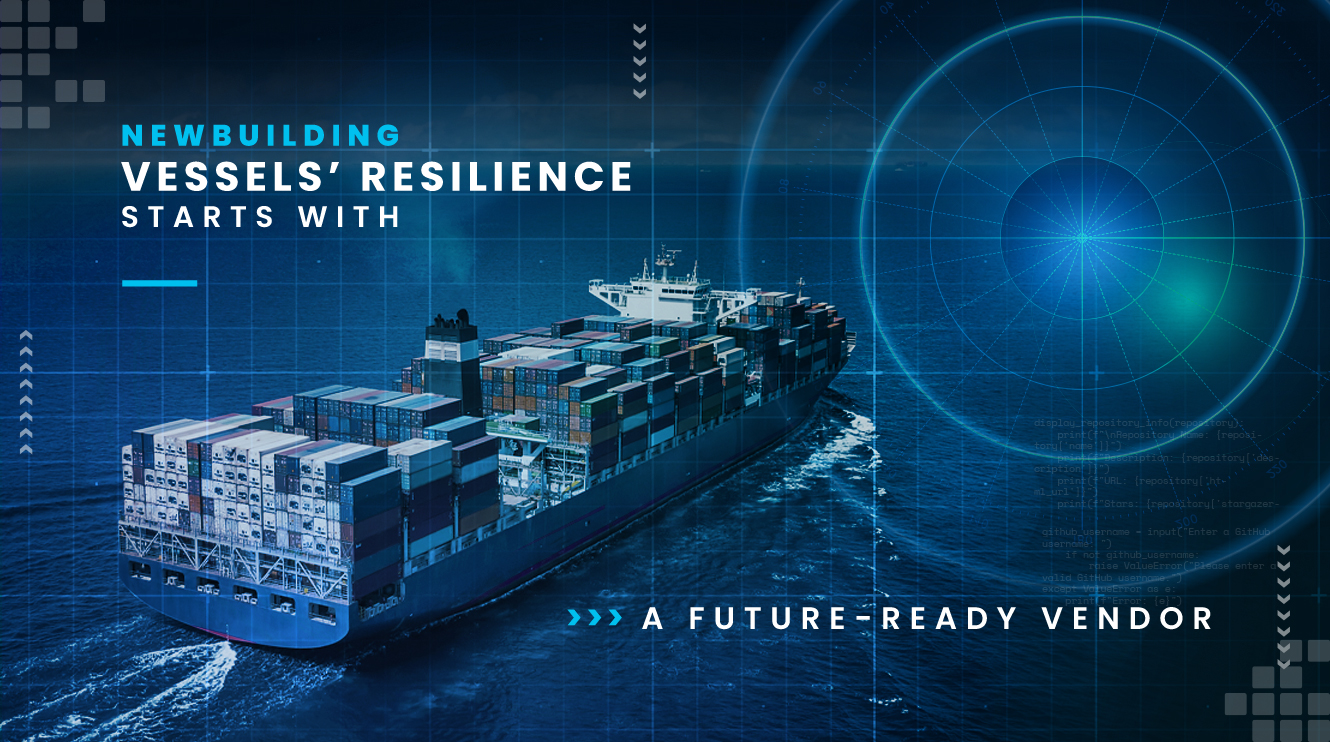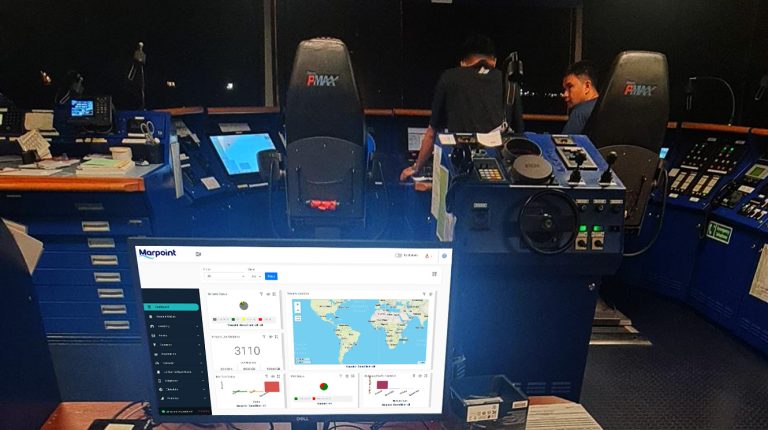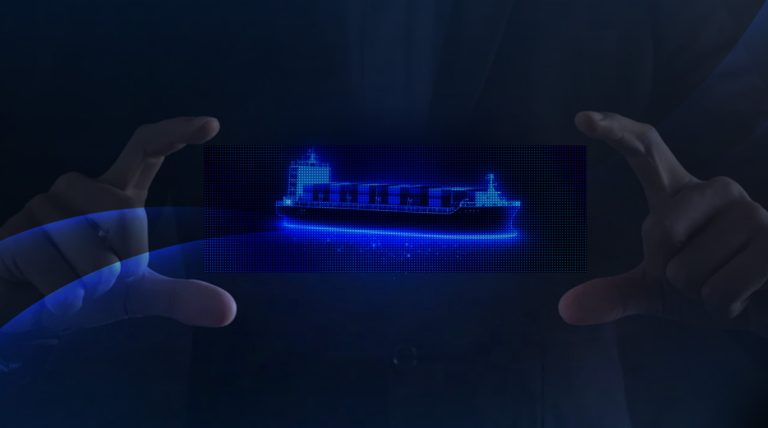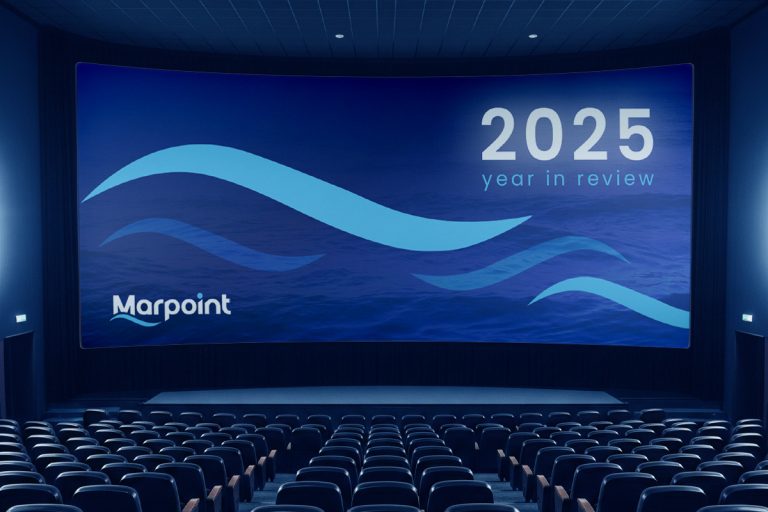The maritime industry is charting a new course in digital operations. With regulations for ships contracted from January 2024 onwards setting a higher bar, the urgency for robust digital infrastructure and defenses has never been more apparent.
While frameworks like IACS UR E26 and E27 are guiding the way, the truth is that the maritime ecosystem is in a dynamic, “trial and error” phase. IACS UR E26 & E27 mandate cybersecurity controls for vessel systems and network infrastructure from the design stage onward, setting a new global standard for digital resilience at sea. However, as technology evolves rapidly, these regulations are continually being revised to address emerging needs and unforeseen vulnerabilities.
This shifting landscape makes the role of a future-ready ICT partner more critical than ever — one who not only meets today’s requirements but is also agile enough to adapt with you as those standards evolve. For shipowners and operators, it’s not just about meeting compliance; it’s about ensuring genuine operational resilience. Choosing poorly can expose your vessels to technical missteps, audit failures, and completely avoidable risks. This article will help you identify the warning signs and, more importantly, understand what to expect from any ICT partner claiming to secure and support your fleet, viewing the relationship not just as a contract, but as an ongoing, evolving partnership that benefits both parties.
Five Key Qualities of a Top-Tier Maritime ICT Partner
When it comes to safeguarding your vessel’s IT and OT systems, don’t settle for less. Here’s what sets leading ICT partners apart:
- Clear Security, Not Just Empty Claims
Great vendors don’t just talk about security; they prove it. They’ll provide comprehensive documentation, active certifications, and detailed testing logs. They’ll also demonstrate clear alignment with IMO and IACS standards, ensuring you’re getting rock-solid reliability, not just empty promises or vague assurances. - Maritime-Ready Equipment, Built for the High Seas
Forget flimsy, consumer-grade gear. The best partners insist on industrial or maritime-grade equipment that’s been thoroughly tested and class-approved. These systems are purpose-built for the harsh realities of the sea, ensuring superior hardening, robust logging, proper network segmentation, and excellent scalability. Crucially, they meet vital redundancy and isolation requirements, so you can trust them in any condition. - Proactive Digital Planning, From Day One
Top-tier vendors integrate digital and cybersecurity considerations right from the start. You should expect to see detailed documentation during the design phase of your project. This allows ample time for review, validation, and integration testing, demonstrating a true commitment to compliance and operational excellence rather than just a last-minute scramble. - Unified, Vessel-Wide Network Design
Smart partners understand that your digital infrastructure extends across the entire network, not just individual components. They work closely with shipbuilders to create a unified network architecture, preventing common pitfalls like conflicting IP schemes, overlapping VLANs, and mismatched access control policies. Choosing a partner with a holistic view ensures your vessel’s systems work together seamlessly, reliably, and securely. - Dedicated, Expert Support You Can Rely On
The best ICT solution isn’t just a product; it’s an ongoing service. Look for partners who provide comprehensive support, including 24/7 availability, proactive remote monitoring and management (RMM), and dedicated compliance assistance during class audits. A true partner offers a clearly defined escalation path and boasts a team that deeply understands maritime IT/OT, ensuring your operations are always secure and fully supported.
The Qualifiers: What to Demand
Beyond avoiding the red flags, truly impactful ICT partners distinguish themselves with these essential capabilities:
- Documented Digital and Security Strategy Aligned with IMO/IACS
Demand a clear, written strategy that explicitly aligns with IMO and IACS guidelines. This isn’t just about ticking boxes; it’s about a methodical, compliant approach to your vessel’s entire digital infrastructure. - Proven Maritime Experience & Reference Projects
Don’t settle for generic IT providers. Insist on a partner with a demonstrable track record in maritime environments, backed by successful reference projects and client testimonials specific to the shipping industry. - RMM Tools and Active Monitoring by Default
RMM tools (Remote Monitoring & Management) provide real-time insights and proactive system control from shore. Proactive protection is key. Your partner should include Remote Monitoring & Management (RMM) tools and active monitoring as standard, ensuring continuous oversight and rapid response to potential threats. - Clear SLA & Support Structure, Including Escalation Paths
A robust Service Level Agreement (SLA) is non-negotiable. It must clearly define response times, resolution processes, and a transparent escalation path, guaranteeing you know exactly what to expect from their support. - Dedicated Cybersecurity Team for Incident Response & Compliance
A specialized team focused on maritime cybersecurity, incident response, and regulatory compliance is vital. They should be your go-to experts for both preventing and managing cyber incidents. - OT/IT Integration Expertise, Not Just Generic IT Know-How
A vessel’s unique blend of Operational Technology (OT) and Information Technology (IT) requires specialized knowledge. Your partner must understand how these systems interact and secure both seamlessly, not just offer general IT support. - Fleet-Wide Scalability and Centralized Management Options
Look for partners who can offer scalable solutions and centralized management for multi-vessel operations. This ensures consistent security policies, efficient updates, and simplified oversight across your entire fleet.
Final Checklist: How to Vet Your ICT Partner
Use this checklist to ensure your chosen ICT partner truly delivers on maritime digital and cybersecurity needs:
- ✅ Is the equipment Class-approved or tested for maritime environments?
- ✅ Are SLAs (Service Level Agreements) clearly defined and in writing?
- ✅ Do they offer proactive monitoring and RMM tools by default?
- ✅ Can they demonstrate comprehensive cybersecurity and compliance support (e.g., for audits)?
- ✅ Is their support team specialized in maritime IT/OT?
- ✅ Do they provide a documented, IMO/IACS-aligned digital and security strategy?
- ✅ Can they provide relevant maritime reference projects?
- ✅ Do they offer a clear incident response and escalation plan?
- ✅ Do they possess proven OT/IT integration expertise?
- ✅ Are fleet-wide scalability and centralized management options available?
Final Thoughts:
Choosing a future-ready ICT partner is a critical investment in your fleet’s future. By knowing these key indicators and demanding these essential qualifiers, you’ll be well-equipped to select a provider that truly safeguards your vessels in the increasingly complex and ever-evolving digital landscape. This isn’t just a contract; it’s the foundation of an ongoing partnership that helps both your operations and your provider’s expertise evolve together.





